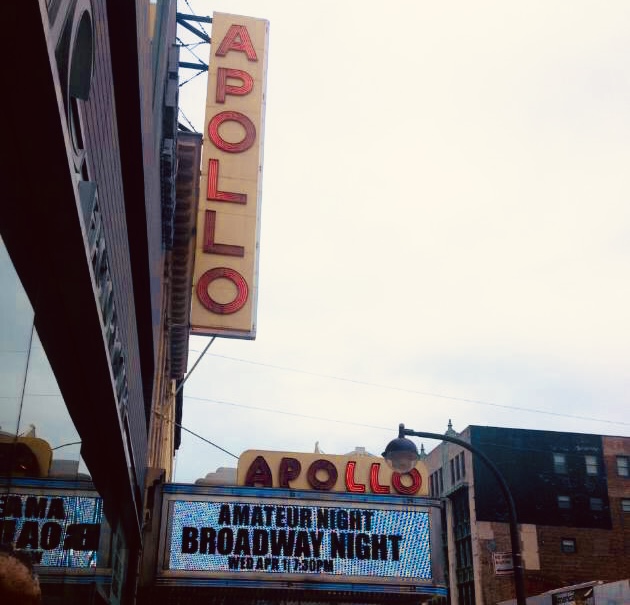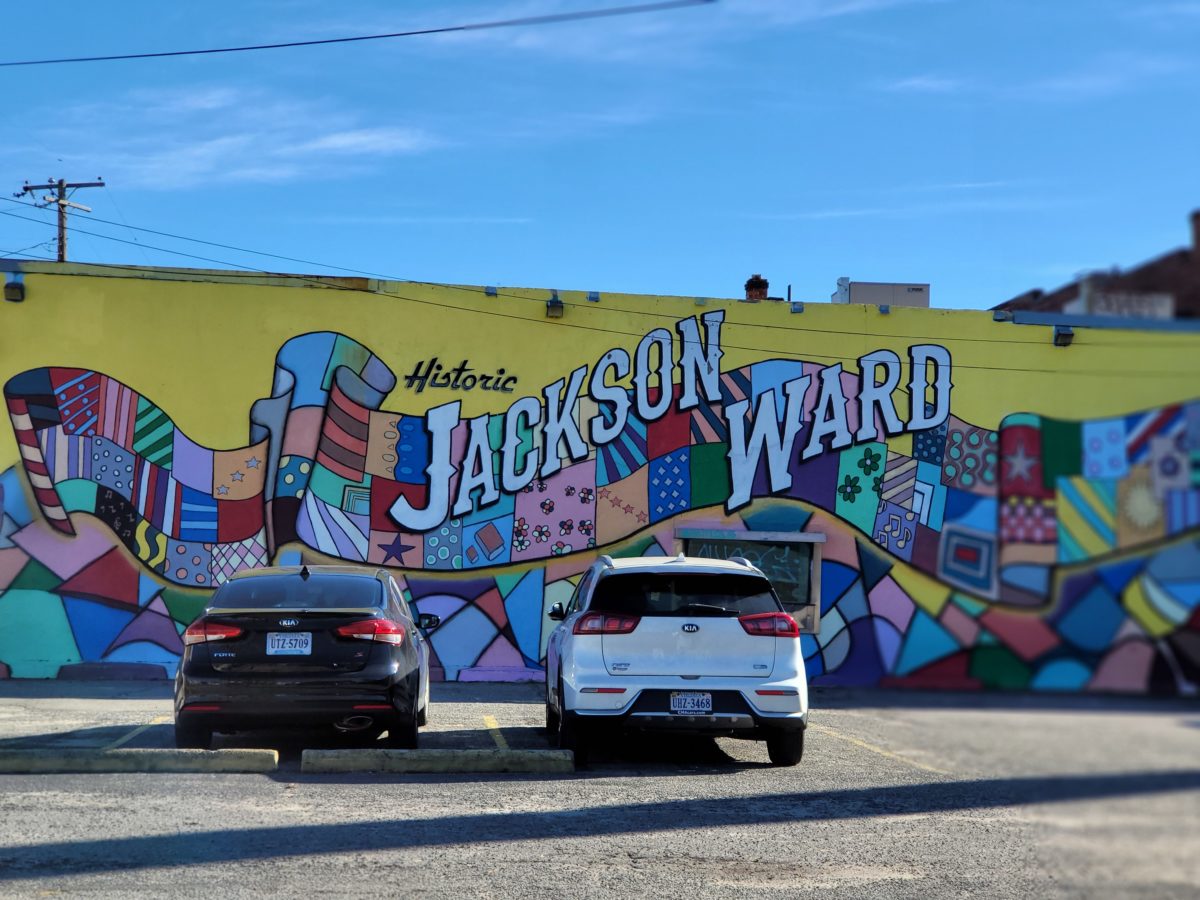In 1955 our nation was engulfed in Jim Crow Laws — most southern states had racist segregation laws in place designed to deny African Americans basic human rights. These policies were not only racist but they were also quite ridiculous. Jim Crow Laws included everything from African Americans having to drink from separate water fountains to being relegated to sitting only in the back of the bus. These laws were demeaning.
One day in Montgomery, Alabama in December of 1955, a brave Black woman named Rosa Parks committed what was considered an unthinkable offense for that time. What was this offense? After a long day at work she refused to move to the back of the bus and took a seat, rightfully so, in the front. We won’t get into how this was all planned by local civil rights leaders and the NAACP in this article but it is a fascinating story you can read here. Rosa Parks was subsequently arrested and this event jumpstarted what we now know as the Montgomery Bus Boycott. The bus boycott was also responsible for introducing the world to the young charismatic pastor of Dexter Avenue Baptist Church in Montgomery you have probably heard of named Dr. Martin Luther King.
One of the keys to the boycott was African Americans made a conscious decision to stop spending their money where they were not valued. The majority of ridership on the busses were African Americans (nearly 40,000 according to History.com) at the time. The boycott made the racist southerners extremely upset. Why is the question? One would think they would be happy people they didn’t want to sit next to were no longer riding the bus. The reaction was based on another color they did like—green. The bus boycott had a tremendous economic impact on the city of Montgomery. It lasted for 381 days and ultimately resulted in a Supreme court decision that ruled segregation on public transportation as unconstitutional. The Montgomery Bus Boycott is one of the greatest examples of economic activism — using the power of the dollar to protest inequality and injustice.
There are so many great lessons from the Montgomery Bus Boycott:
- Don’t spend your money where you are not valued — If someone does not respect you they are not worthy of your money either
- The dollar has just as much power when it is collectively not used as it does when it is — there is power in withholding funds as a group from people that rely on those funds
- Economic activism can be a powerful tool to correct injustices when planned properly and large numbers of people participate — Everyone has to be on the same page for this to work



